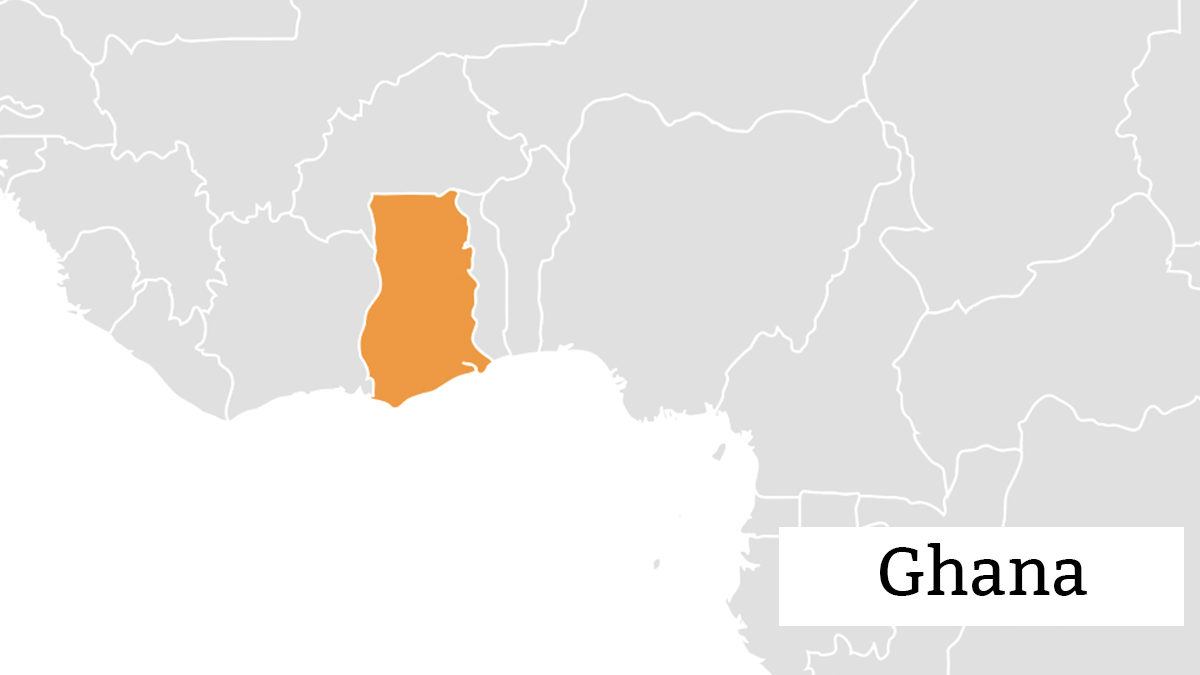
With an estimated population of 30,922,666 people, Ghana accrued 26,512,155 mobile data subscribers (or a 99% penetration rate) by the end of December 2020. Despite the integral role that Ghanaian telecommunication service providers play in extending internet connectivity and bridging the digital divide in the country, providers face several challenges to delivering mobile data services that are high-quality, cover large swathes of the population, and are affordable. According to GSMA Intelligence, the biggest inhibiting factor is insufficient spectrum assigned to mobile network operators. The COVID-19 pandemic exacerbated this issue.
After Ghana recorded its first two cases of Covid-19 on March 12th, 2020, the government implemented immediate measures to prevent the spread of the virus. This included a ban on all public gatherings and closures of schools and places of worship. By March 30th, as cases continued to spread, the President announced a partial lockdown in Greater Accra, Ghana’s largest urban center, Kumasi, and Kasoa.
According to Ghana’s Communications Minister, Ursula Owusu-Ekuful, the lockdown fomented a dramatic increase in data usage due to the switch to working from home as well as the need for learning to go digital. The increased data traffic congested all networks and reduced the service quality delivered to end users. Evidence suggests, however, that the pandemic may have simply amplified existing infrastructure issues.
Prior to the pandemic, in 2015, the National Communications Authority (NCA), the government agency responsible for managing and licensing spectrum in Ghana, conducted a spectrum auction in the 800MHz band. Given that the minimum price of 67.5 million USD per lot set by the government regulator was too high for any of the local telecom companies to meet, this resulted in only a single lot being purchased by the South Africa-based market leader Scancom (MTN) and the remainder of the digital dividend spectrum going unsold. While having an auction is an efficient way to assign spectrum and to let the market set the price, evidence suggests that governments should resist the temptation to maximize revenue from spectrum auctions and provide operators with fair access to sufficient radio spectrum in order to ensure consumers have access to affordable, high-quality mobile services.
While it is unclear whether the NCA plans to auction the remaining spectrum, it is inevitable that when governments price spectrum to maximize revenue, it will have negative repercussions on consumers and the development of mobile services. The ineffectively run spectrum auction and the delay in assigning unsold spectrum restricted the operators’ ability to invest in mobile networks and reduced the potential coverage and quality of mobile services prior to the pandemic.
In April 2020, in an effort to reduce network congestion following the surge in data usage amid COVID-related lockdowns, the President directed the NCA to temporarily grant more spectrum to network operators. An extra 5 Megahertz (MHz) of spectrum was allocated to two providers, Vodafone and MTN, at no cost, to ensure improved service to customers at reasonable costs. The government also reduced its Communication Service Tax from 9% to 5% to help further lower mobile data prices.
Minister Owusu-Ekuful explained that only Vodafone and MTN were given spectrum because the other leading provider, Airtel Tigo, already had sufficient spectrum capacity. She also emphasised that the additional spectrum was only granted for three months, beginning April 2020, because of the need to reserve spectrum for future emergencies.
Nonetheless, the government announced plans to broaden the scope of its telecommunications licenses so mobile operators can have more spectrum available for internet use. The NCA currently sells technology-specific spectrum licenses, but the plan is to move to technology- and service-neutral licenses, a recommended good practice from A4AI. This move would provide mobile operators with the flexibility to choose the most effective technology to make the most of their spectrum allocation instead of being locked into one technology and incurring high charges to change their spectrum use.
The NCA regulatory interventions to boost network capacity during pandemic-driven spikes in mobile internet demand helped telecommunications service providers in Ghana deliver social impact through the provision of higher quality services while keeping costs affordable. MTN was able to pass along benefits of the regulatory action to its customers by zero-rating several educational sites to empower students to learn from home (up to a daily cap of 500MB). Similarly, Vodafone offered unlimited browsing on eLearning sites via its Digi-Learn bundle.
Overall, consumers were given free access to more than 100 educational online sites, e-learning platforms, and libraries (public, private, and foreign). The Ghana Chamber of Telecommunications also highlighted that the interventions provided free access to the public to government portals that provide Covid-19 awareness and safety information, as well as zero-rated the Government of Ghana Smart Workplace Portal to enable government workers to work from home.
Ghana, however, still has major deficiencies in its telecommunications infrastructure and quality of service. The amount of spectrum assigned to mobile network operators needs to increase, especially digital dividend spectrum. These digital dividend bands are ideal for mobile because their use requires less infrastructure to provide wider coverage, resulting in lower costs, particularly in rural areas, and leading to better networks and services for consumers. The fair licensing and pricing of digital dividend spectrum will be central to Ghana’s ability to expand and upgrade their mobile broadband services.
